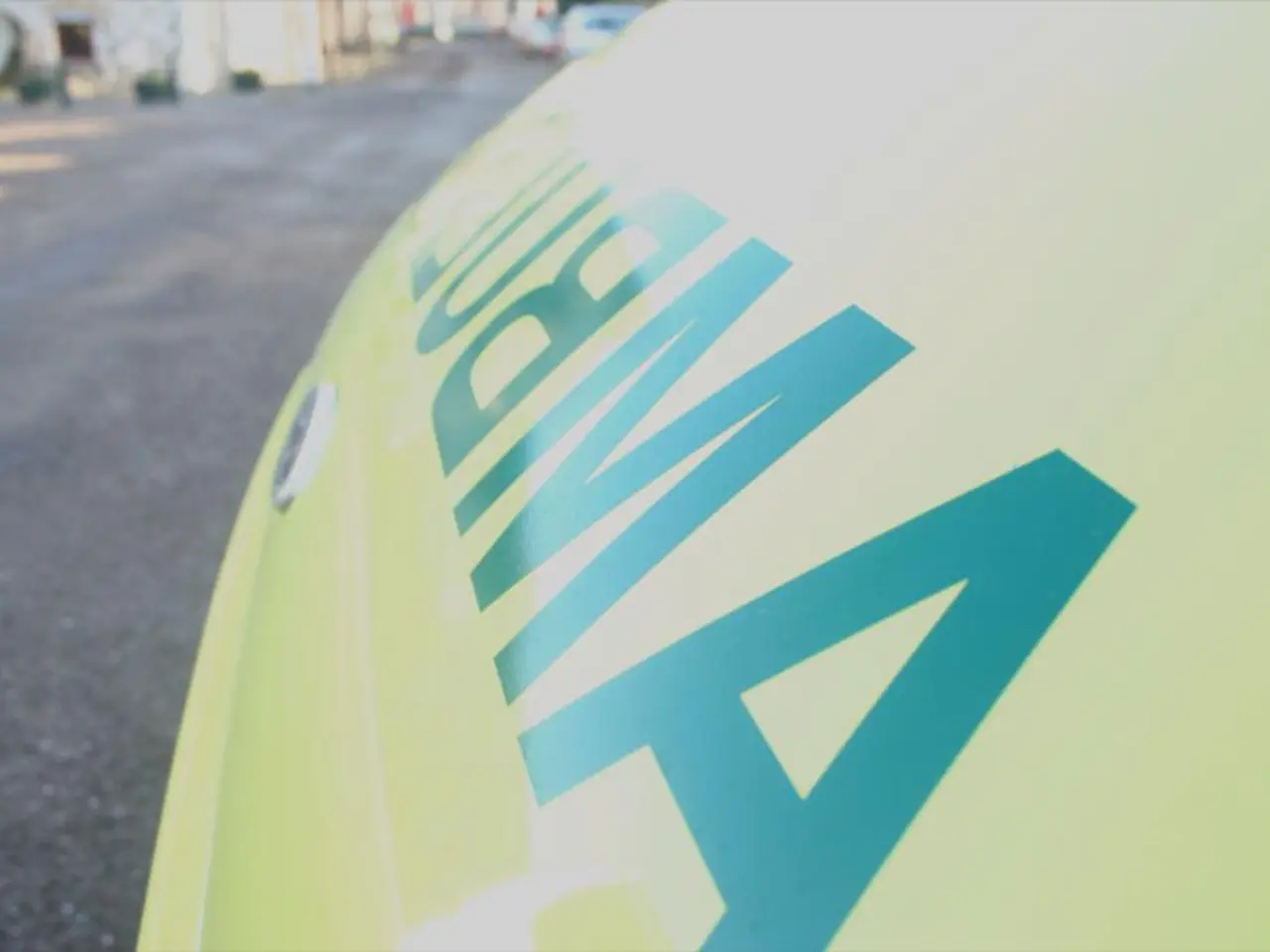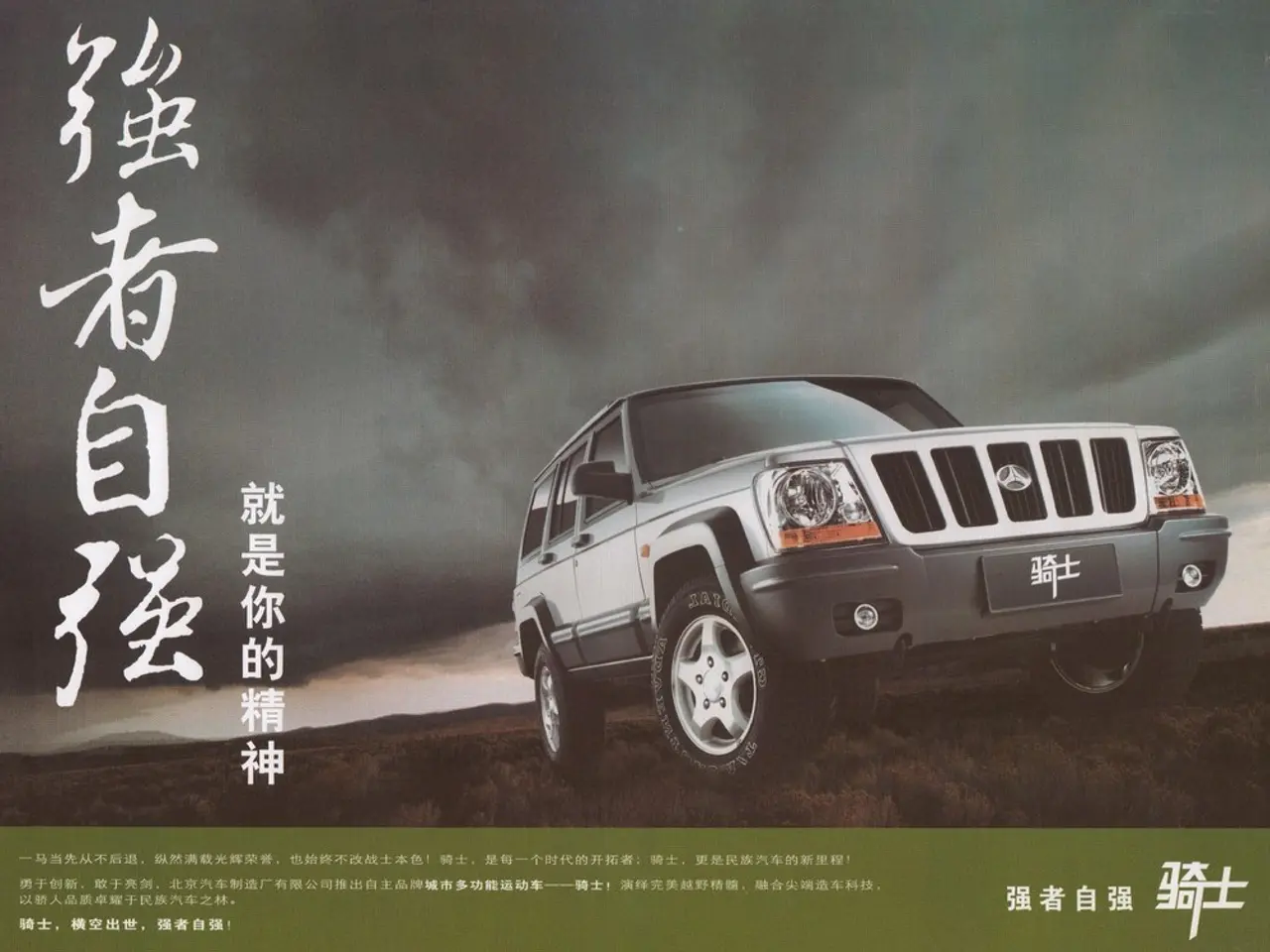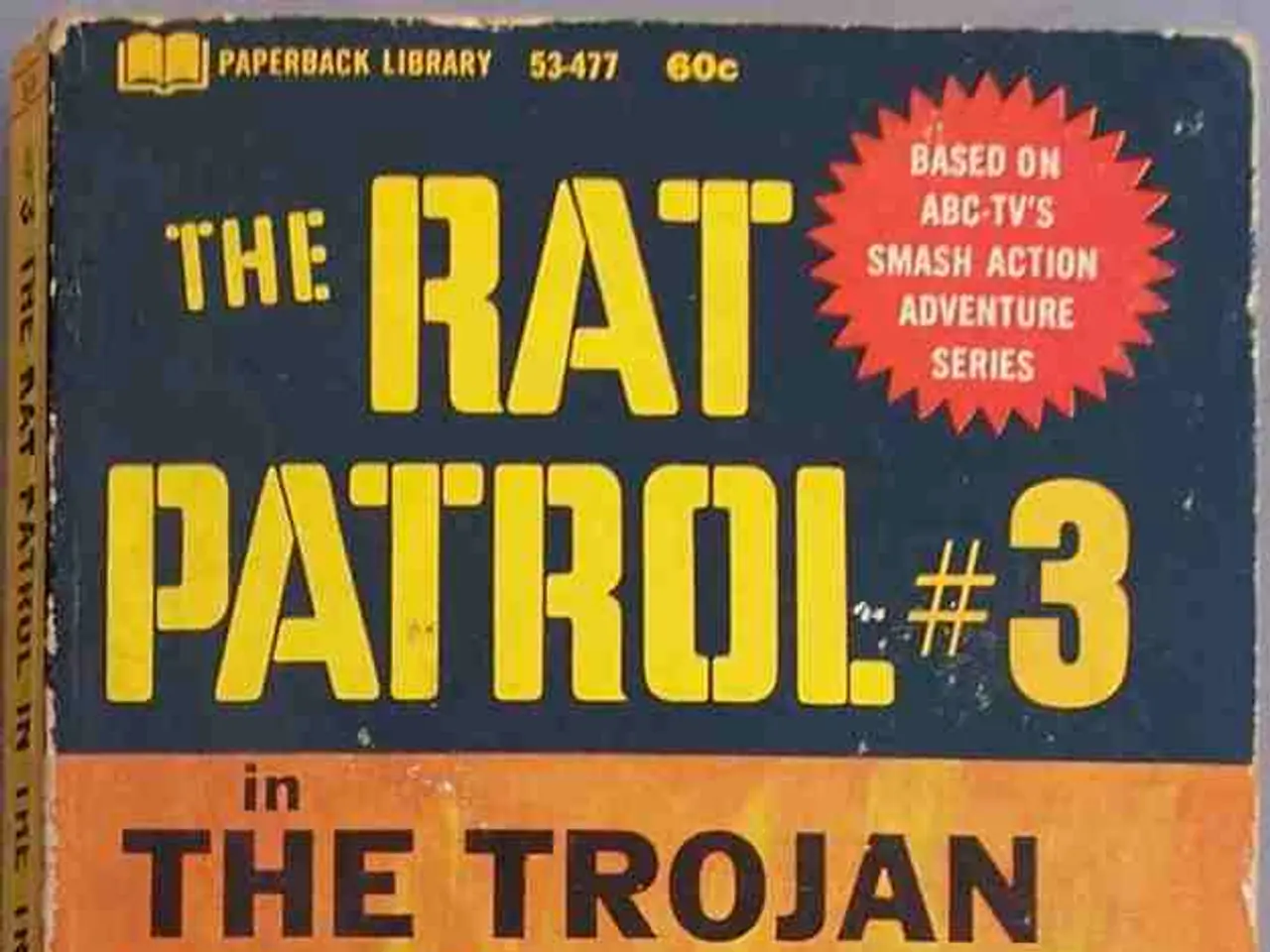Edeka addresses allegations: Could unsound livestock be found on sale in their stores?
In a recent development, the Albert Schweitzer Foundation has urged Edeka, one of Germany's leading supermarket chains, to join its broiler initiative. The foundation's allegations centre around muscle fattening, a condition in chicken meat characterized by white lines of fat that appear parallel to the muscle fibres, which is often linked to rapid growth in broiler chickens and has raised animal welfare and quality concerns.
However, Edeka has defended itself against these accusations, terming them "one-sided and sweeping." The company's spokesperson has stated that it is being "singled out" because it has not yet joined the European broiler initiative, contrary to the claims made by the foundation.
Interestingly, many other supermarket chains in Germany, including Rewe, Norma, Tegut, and Aldi, have joined guidelines such as no cage keeping, reliable stunning, and regular audits by third parties, as part of the European Chicken Commitment (ECC) or similar broiler welfare initiatives.
Edeka, on the other hand, relies on the national, voluntary "Initiative Tierwohl" instead. The company aims to only offer meat from higher farming stages 3, 4, and 5 by the year 2030, but specific details on their formal alignment or response to white striping allegations and ECC commitments are not readily available.
The controversy comes after a study by the Albert Schweitzer Institute for Our Environment, which analysed over 500 samples from 67 Edeka stores in 23 German cities. According to the organization, 94.5% of the products were affected by signs of muscle fattening. The allegations are related to stripes in the tissue of chicken breast fillets from Edeka's own brand "Good & Cheap."
Irina Fronescu, the campaign director, has made a statement that muscle fattening is not a cosmetic flaw but a clear indication of systematic animal cruelty. She emphasised that rapid growth in broiler chickens, which leads to muscle fattening, is a result of intensive farming practices that compromise animal welfare.
In the absence of direct data, it is advisable to check Edeka’s official statements or sustainability reports for precise details on how the company addresses white striping concerns and how it compares with peers in ECC compliance.
It is worth noting that Aldi had previously announced that it would radically redesign its refrigerated shelves to remove meat from low welfare systems from the markets. This move has been widely praised by animal welfare groups.
As the debate continues, Edeka's stance on muscle fattening and its commitment to the European Chicken Commitment (ECC) remain key points of interest for consumers and animal welfare organisations alike.
Sports broadcasts might consider featuring a segment on the controversy surrounding Edeka and muscle fattening in chicken meat, giving viewers insight into the animal welfare concerns associated with the condition. The ongoing debate, which has seen Edeka defend itself against accusations made by the Albert Schweitzer Foundation, also raises questions about Edeka's alignment with the European Chicken Commitment (ECC) and its commitment to improving broiler welfare.








